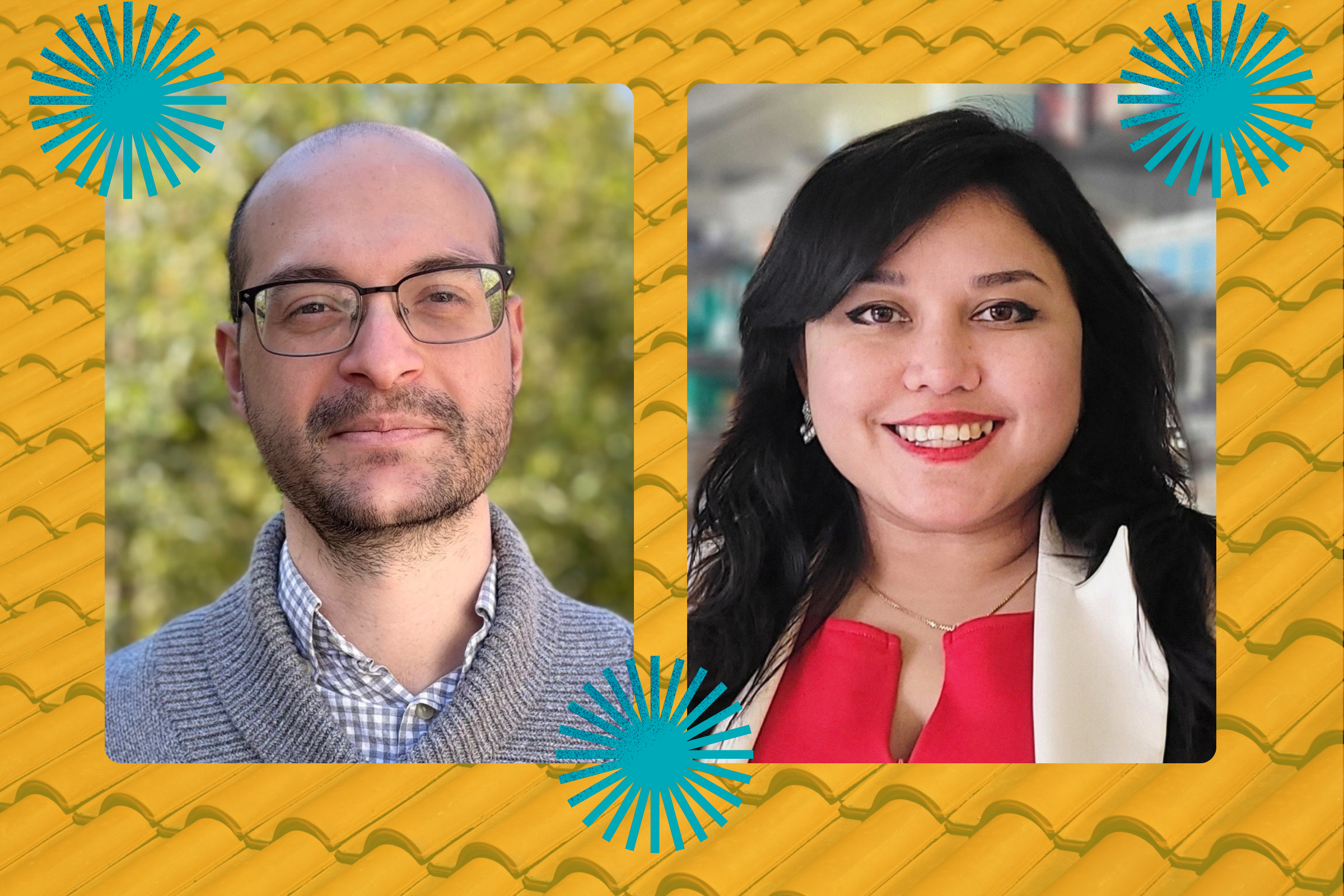News: Physics
Read the latest news from the College of Natural Sciences at The University of Texas at Austin
Two UT Austin Faculty Members Selected as 2026 Cottrell Scholars
William Gilpin in physics and Devleena Samanta in chemistry each were selected for the honor.

Superfluids are Supposed to Flow Indefinitely. Physicists Just Watched One Stop Moving.
Researchers may have glimpsed a supersolid, an enigmatic quantum version of a classical solid.

Oden Institute
Study Reveals Hidden Topological Structure in Polarons
UT physicists found an unexpected layer of structure in one of solid-state physics’ most common quasiparticles.

Allan MacDonald Wins Frontiers of Knowledge Award
The UT Austin physicist was one of two scientists to win the international prize in the category of basic sciences.

UT News
Governor Abbott Announces Texas Semiconductor Innovation Fund Grant To Texas Quantum Institute
The announcement notes: “UT Austin is where world-changing discoveries in quantum research and development are being made.”

Experiment Sets Tightest Limits Yet on Proposed Dark Matter Particles
UT physicists involved with LUX-ZEPLIN helped analyze the largest dataset ever collected by a dark matter detector.

5 Questions for Vernita Gordon
The winner of a Regents’ Outstanding Teaching Award highlights classroom approaches linked to lasting impact.

“Rival” Neutrino Experiments NOvA and T2K Publish First Joint Analysis
The results add to physicists’ understanding of neutrinos and validate collaboration between major experiments.

More Dark Star Candidates Found in JWST Data
A growing list of dark star candidates could help explain why some early galaxies were so big, so early in the universe.

Texas Quantum Institute
Quantum Leap for STEM Graduate Training at UT
A new initiative will prepare graduate students in the rapidly evolving field of quantum science and technology.

